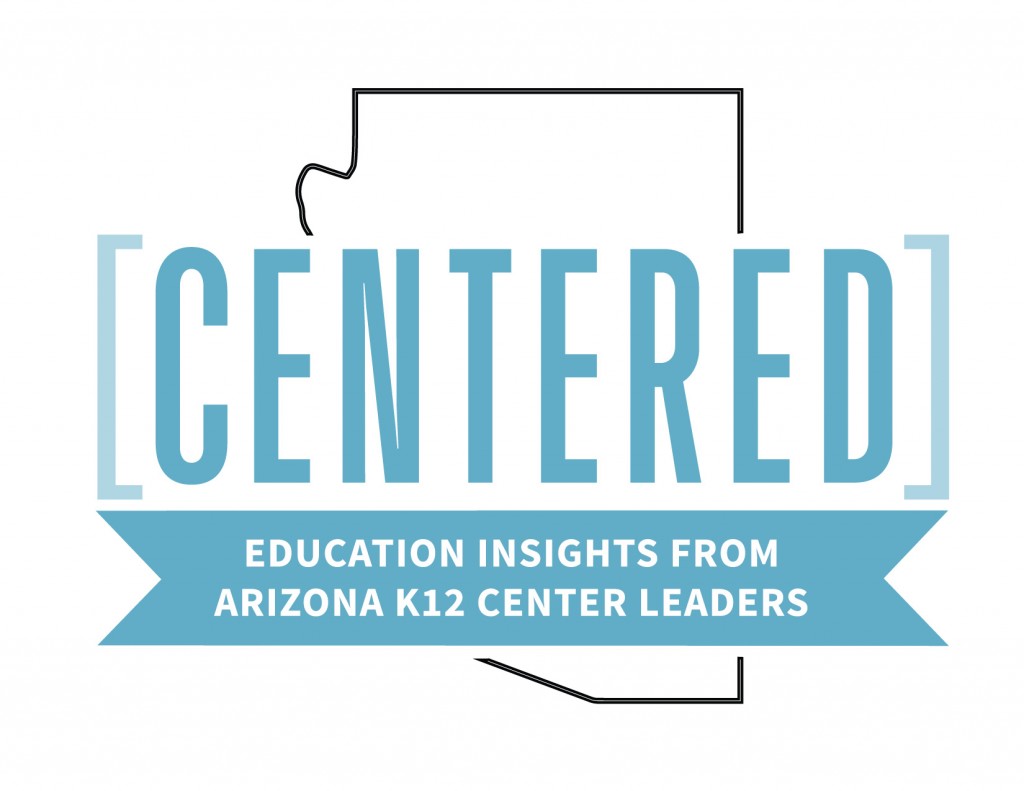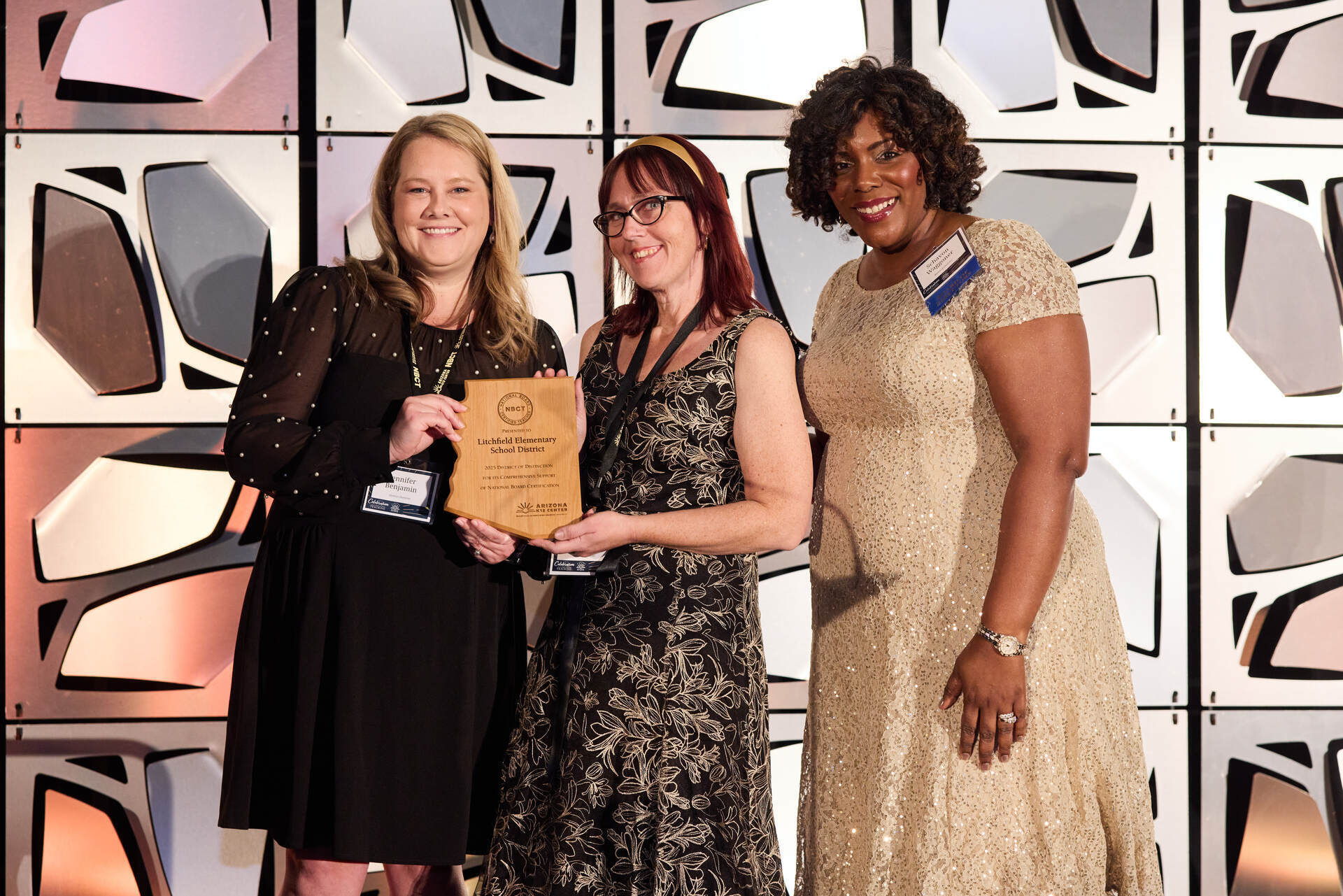April 16, 2019
Centered: Educational Experts Wanted (Actors Need Not Apply)
America has a love affair with its celebrities — and our educators aren’t immune.
When I saw that Ashton Kutcher was the keynote speaker at the recent ASCD conference, I was puzzled. I wondered to myself: What will he offer the thousands of educational professionals in attendance to help them advance their practice?
During his time on the stage, Kutcher remarked that America’s public schools were “abysmal” not once, but many times. There are many words I would use to describe America’s public schools, but “abysmal” simply isn’t one of them. The actor’s comments confirmed my expectations as to how out of touch he is with America’s educational system. He strikes me as one of the many people who have zero experience working in schools, yet think they could do a better job than the professionals who dedicate every working day to teaching students.
Kutcher is certainly entitled to his opinion; the party responsible for promoting his non-expertise at an educational conference is ASCD. Why would the organization invite an actor to be the closing keynote speaker at a conference that promises a valuable experience for educators? It’s certainly not the first one to do this. Several years ago, the International Society of Technology in Education (ISTE) invited Mayim Bialik, the star of “Blossom” and “The Big Bang Theory,” to serve as a keynote speaker at one of its conferences. I remember being confused by her ramblings, as well.
I don’t understand what moves a national education organization to hire a Hollywood celebrity as its keynote speaker. If we want to move the thinking and practice of educators forward to create more positive learning environments for children, shouldn’t we listen to teaching and learning experts? If we are hopelessly enamored with the idea of celebrity, education certainly has its fair share of rock stars — why not invite one of them? Why not use the funds available to support the work of a high-level educator, rather than an actor or actress who is not involved in the educational system?
Educators face sharp criticisms from all sides. We certainly don’t need to be told that the schools we work in are “abysmal.” If we are truly in the business of improving teaching practice, we must ensure that those people we hold up at national conferences — and elsewhere in our professional practice — can help us achieve those goals. If that isn’t the case, let’s leave them for the late-night talk show circuit.











